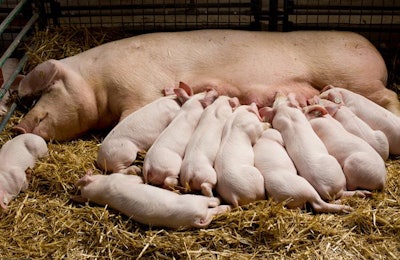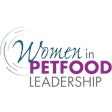
Feeding pets like people continues to drive pet food sales growth and innovation, David Sprinkle, publisher and research director of Packaged Facts said in his presentation at Petfood Forum CONNECT. As part of that humanization of pet food, people who look for natural, organic, animal welfare and similar marketing claims may tend to seek those qualities in ingredients used in their pets’ diets. Humane husbandry may now be as important to pet owners as not including synthetic ingredients in pet foods.
“Sustainability, animal welfare and ethical sourcing of ingredients, those all have a lot of play remaining in the overall pet food market, both mass and specialty,” Sprinkle said.
Nearly half of respondents to a Packaged Facts survey either somewhat agreed (29%) or strongly agreed (21%) with the statement that they consider natural and organic pet food to be safer than regular food. The survey included approximately 1,000 pet owners from a representative demographic sample in the United States.
“If you are being conscious of this in your sourcing, that needs to be all over your marketing material and your packaging,” Sprinkle said.
Natural and organic pet food also ties into other issues with these products, he said, including cage-free poultry and non-GMO.
“The idea of safety also gets into animal welfare issues and agriculture issues spilling over into these different attitudes and approaches that go beyond the simple nuts and bolts of pet food,” Sprinkle said.
Pet owner awareness of livestock welfare
In Packaged Facts’ survey, the degree of concern about ethical treatment of animals raised for pet food and treats ranked near consumers’ degree of concern about artificial ingredients in pet food. These percentages agreed with the statements:
Concerned about the ethical/humane treatment of animals used in pet food/treats
- Somewhat agree - 32%
- Strongly agree - 37%
Pet foods that are free of artificial ingredients are healthier for my pets
- Somewhat agree - 39%
- Strongly agree - 35%
“A very significant contingent of concern, and certainly an area for future innovation,” he said.
When a pet food company does choose to market their products as using humanely raised livestock or other sustainability claim, they need to walk the walk. Pet owners who care about social and ecological issues tend to be studious. Pet food brands can help consumers by providing information on their own website and other media channels. However, pet food marketers shouldn’t expect consumers to limit themselves to commercial websites’ official views.
“I would also expect any consumers will also I do their homework, and at least look at your own website to see what you have to say, but also possibly check with other sources or look at the commentary,” Sprinkle said. “There surely is commentary out there, both pet reviews and individual consumer comments, which are very important online. They can make their own set of claims in a very spirited way.”
Animal welfare, ethical sourcing and other aspects of sustainability continue to grow as influences on pet food customer decisions. Pet foods developed to meet these trends present both innovation opportunities and public scrutiny.


















